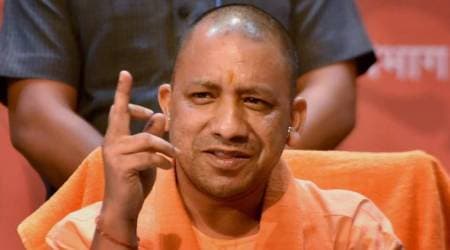 Games organising committee gets a month to wind up ops
Games organising committee gets a month to wind up ops
The closing ceremony of the Delhi Commonwealth Games (CWG) took place in October 2010. On paper, though, the Games will close this month.
Twelve years after it was formed, the sports ministry, on the intervention of Prime Minister’s Office (PMO), has decided to dissolve the CWG Organising Committee (OC). The decision was approved by sports minister Vijay Goel on Friday and a month’s notice has been issued to the OC staff.
The committee, which employs 19 people, including a CEO, is facing 42 cases of outstanding payments to the tune of approximately Rs 700 crore. The liability will now shift to the government, which is likely to form an OC cell within the sports ministry to monitor these cases. Roughly five of these cases, a source said, are worth Rs 50-60 crore each.
One of the key reasons for disbanding the OC is its operational cost. Last year, sources said the government spent Rs 2.25 crore only to pay salaries of the staff. Other major expenses included housekeeping (Rs 45 lakh), vehicles (Rs 30 lakh), security (Rs 25 lakh) and telephone (Rs 16 lakh). However, the government spent most on legal fees, which amounted to Rs 4.65 crore.
“The OC was assisting various agencies in cases related to the CWG. But the arbitration process has been long and the costs were adding up. Also, we do not know how long these cases will last. So, it was decided that they will be taken into the government fold,” a sports ministry official said.
Most countries dissolve the OC within a year or two of the conclusion of the Games and it is mostly to nurture the sporting legacy the spectacle leaves behind. But the process in India has historically been slow – the 1982 Asian Games Organising Committee was disbanded just last year, in January.
As for CWG 2010, the pile of court and arbitration cases resulted in the committee being around for so long. “The PMO wanted to disband the CWG OC by December 2016, but that could not be done due to the ongoing legal hassles,” the official said.
The OC, which was formed in February 2005, itself was embroiled in various controversies. Its chairman, Suresh Kalmadi, and secretary general, Lalit Bhanot, were both sent to prison after being accused of financial irregularities. Kalmadi even blamed OC CEO Jarnail Singh for awarding contracts to a few companies but his name was not included in the chargesheet.
Jarnail is likely to be a part of the OC cell to assist the ministry through the arbitration process. “This will help the government in directly controlling the cases which are under arbitration instead of doing it via the OC. It will also expedite the process,” the official said.

